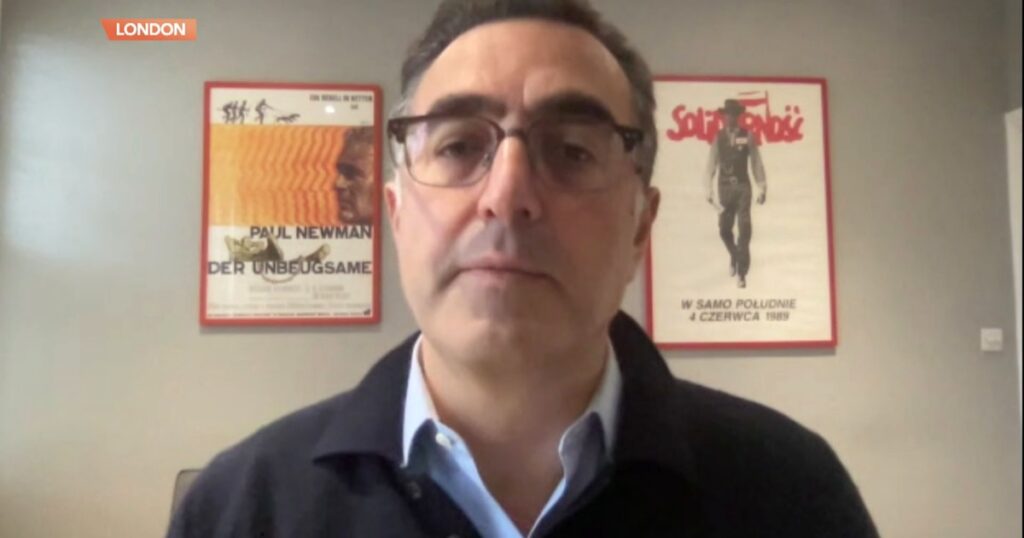Two New Zealanders who were released from Iran, according to a former political prisoner there, were lucky that “quiet diplomacy” had success.
Topher Richwhite and Bridget Thackwray, two Kiwi travel bloggers, are thought to have spent several months in custody after travelling to Iran in July.
After the Government worked behind the scenes to ensure their safety, the couple was released and flown back to New Zealand earlier this week.
1The families of Richwhite and Thackwray, as well as MFAT officials, agreed that news coverage about the couple’s suffering should be postponed while they were still being held. They thought that publicity from media reports could put the couple in more danger.
But Canadian-Iranian journalist and former Iranian prisoner Maziar Bahari said on Q+A this morning that the pair is fortunate that the tactic of quiet diplomacy works.
During the 2009 Iranian presidential election protests, he was detained.
His family, coworkers, and Reporters Without Borders all rejected the forced confession he made on television while he was imprisoned, which claimed he was a spy for western countries. After serving 118 days in jail, he was freed.
He claimed that in situations like this, “publicising their distress” is typically the greatest approach to gain results.
They have been released and are no longer in Iran, therefore it is clear that [quiet diplomacy] was successful in this instance, he said.
However, in the vast majority of situations, particularly for dual nationals — those who have both Iranian and other passports — or Iranian citizens, it is preferable to make the public aware of their condition as soon as possible. It is clear that quiet diplomacy succeeded in the circumstances of these two New Zealanders, but it frequently fails.
He spoke from personal experience when he remarked that the first few days of being imprisoned might be difficult because the people holding you will attempt to extract a false confession.
Bahari was subjected to regular psychological and physical abuse while incarcerated, which forced him to confess to espionage.
“What occurs is that they put pressure on the prisoner to confess against themselves in the first several days.
“And once they confess against themselves, the confession is used in court as evidence against the prisoner. So it is very important to publicise the arrest and the detainment of the prisoner as soon as possible,” he said.
Bahari stated that in those kinds of circumstances, fame can be advantageous.
There are a lot of prisoners in Iran, but in my opinion, journalists and activists who are more well-known inmates are treated considerably better than lesser-known prisoners.
“I experienced a really trying period in prison in Iran, and I know that in comparison to many of the young people who are detained there who are tortured and abused on a daily basis.
Iran has been dealing with significant protests since Mahsa Amini, 22, died while in the morality police’s care.
She was taken into custody for reportedly draping her hijab improperly.
Women-led demonstrations for women’s rights spread throughout the nation and the world and have since transformed into huge anti-government marches.
Usually, quiet diplomacy fails, according to a former Iranian prisoner

